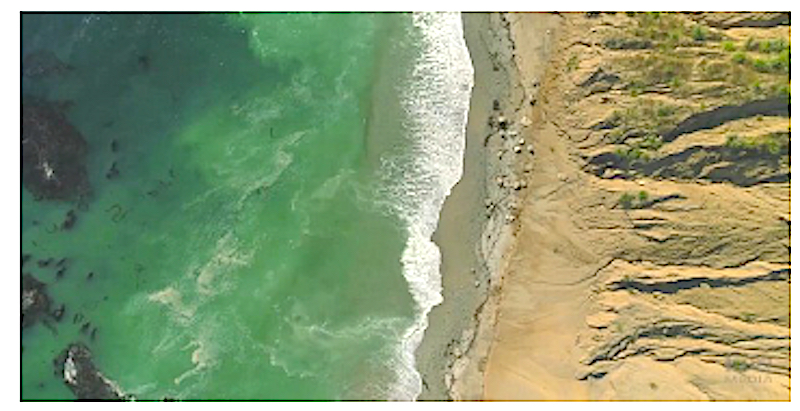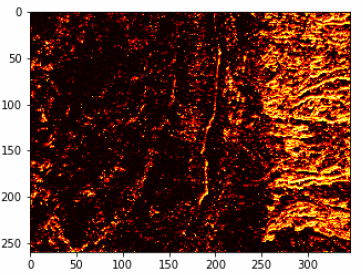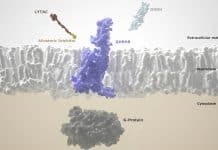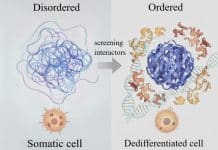 APROVIS3D project targets analog computing for artificial intelligence in the form of Spiking Neural Networks (SNNs) on a mixed analog and digital architecture. The project includes including field programmable analog array (FPAA) and SpiNNaker applied to a stereopsis system dedicated to coastal surveillance using an aerial robot. Computer vision systems widely rely on artificial intelligence and especially neural network based machine learning, which recently gained huge visibility.
APROVIS3D project targets analog computing for artificial intelligence in the form of Spiking Neural Networks (SNNs) on a mixed analog and digital architecture. The project includes including field programmable analog array (FPAA) and SpiNNaker applied to a stereopsis system dedicated to coastal surveillance using an aerial robot. Computer vision systems widely rely on artificial intelligence and especially neural network based machine learning, which recently gained huge visibility.
 The training stage for deep convolutional neural networks is both time and energy consuming. In contrast, the human brain has the ability to perform visual tasks with unrivalled computational and energy efficiency. It is believed that one major factor of this efficiency is the fact that information is vastly represented by short pulses (spikes) at analog – not discrete – times. However, computer vision algorithms using such representation still lack in practice, and its high potential is largely underexploited.
The training stage for deep convolutional neural networks is both time and energy consuming. In contrast, the human brain has the ability to perform visual tasks with unrivalled computational and energy efficiency. It is believed that one major factor of this efficiency is the fact that information is vastly represented by short pulses (spikes) at analog – not discrete – times. However, computer vision algorithms using such representation still lack in practice, and its high potential is largely underexploited.
Inspired from biology, the project addresses the scientific question of developing a low-power, end-to-end analog sensing and processing architecture of 3D visual scenes, running on analog devices, without a central clock and aims to validate them in real-life situations. More specifically, the project will develop new paradigms for biologically inspired vision, from sensing to processing, in order to help machines such as Unmanned Autonomous Vehicles (UAV), autonomous vehicles, or robots gain high-level understanding from visual scenes.
 The ambitious long-term vision of the project is to develop the next generation AI paradigm that will eventually compete with deep learning. We believe that neuromorphic computing, mainly studied in EU countries, will be a key technology in the next decade. It is therefore both a scientific and strategic challenge for the EU to foster this technological breakthrough
The ambitious long-term vision of the project is to develop the next generation AI paradigm that will eventually compete with deep learning. We believe that neuromorphic computing, mainly studied in EU countries, will be a key technology in the next decade. It is therefore both a scientific and strategic challenge for the EU to foster this technological breakthrough
Project Τitle:
Analog PROcessing of bioinspired VIsion Sensors for 3D reconstruction
Project Duration: 36 months (2020-2023)
Project URL: http://aprovis3d.eu/
Project Framework & Funding:
CHIST-ERA 2019 https://www.chistera.eu/projects/aprovis3d
GSRT (General Secretariat for Research and Technology)
Total Budget 1.365.781 Euros
UNIWA Budget 100.000 Euros
Investigator (UNIWA): Emmanouil Oikonomou
Consortium – Partners:
- Université Côte d’Azur / I3S / CNRS Polytech Nice Sophia (France, PI)
- Institut de Neurosciences de la Timone (France)
- Instituto de Microelectrónica de Sevilla (Spain)
- University of West Attica, Department of Surveying and Geoinformatics Engineering
- National Technical University, Department of Mechanical Engineering
- ETH Zurich (Switzerland)












